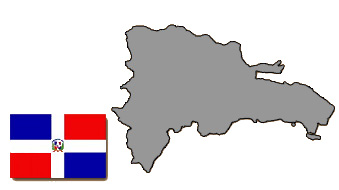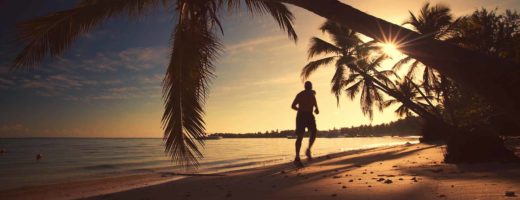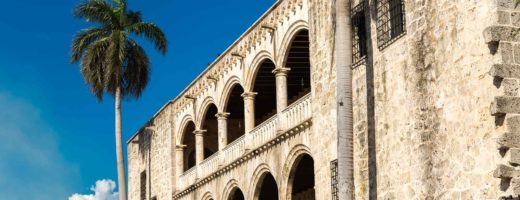Introduction: Only a couple of days in Santo Domingo, the capital of the Dominican Republic and the oldest city in the Americas, are needed to see the lively gay venues and the lesbigay spirit that is here. The trendy music places that beat late into the night are, however, only the louder tip of a more subdued community of health educators, closeted intellectuals and quiet gay businessmen who all live in a conservative political milieu that inhibits most LGBT people from being more active as advocates. And it doesn’t help that the local Catholic Cardinal has some oppressively medieval ideas about gays. But there is vital gay energy here despite the opposition and LGBT organizations continue to form.
Homosexuality in the Dominican Republic is legal, by national law. The age of consent is equalized regardless of sexual orientation to 18. Even though it is legal, there is still major discrimination against LGBT members of the society. This is mainly due to the strict Catholic status of the country. Although homosexuality is not generally accepted, hate crimes are rare as they are prosecutable under Dominican law. In the summer of 2006, several gay clubs and bars in the capital Santo Domingo were shut down. However, the case came in front of a local judge who ruled the closing as unlawful due to the policies of no-discrimination. Homosexuality is not illegal in the Dominican Republic, and terms referring to the disintegration of the moral good have been removed from legal documents, but protection for those in the GLBT community is still basically non-existent. The lack of rights and legal protection can lead one to believe that they are a separate, but not equal part of society. Requests for permission to march and assemble as a group have been denied, and the public outcry over homosexuality, and its believed corruption and endangerment of the youth, is still a hot button issue.



